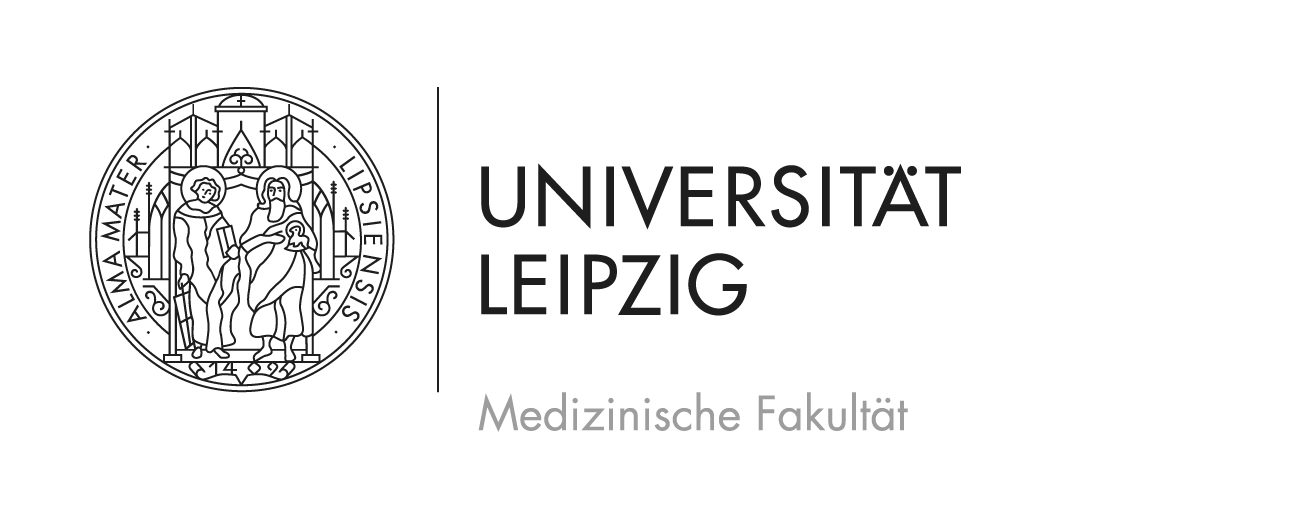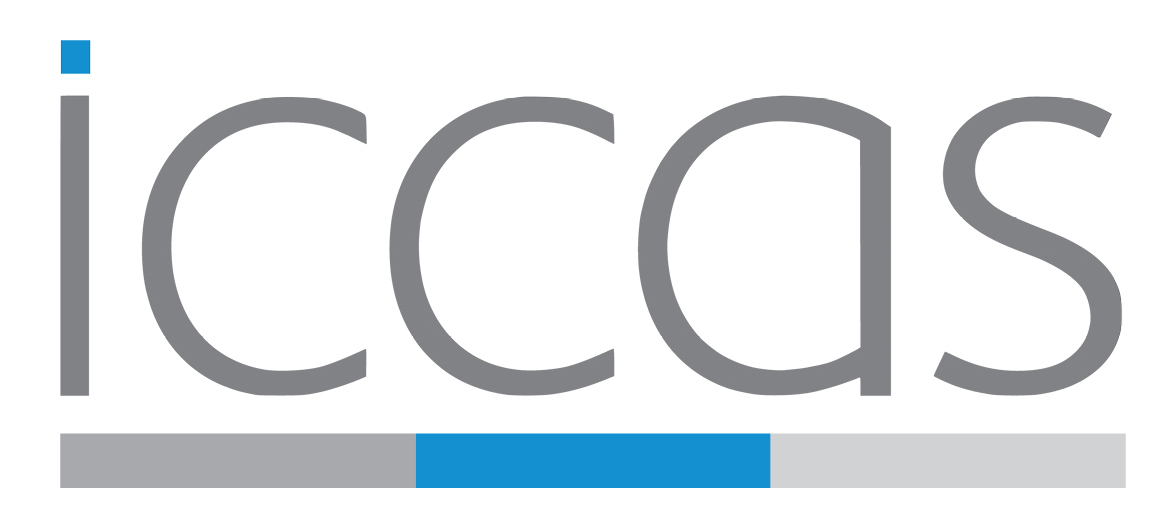

25.09.2014
M2CAI – der „Workshop on Modeling and Monitoring of Computer Assisted Interventions“ ist Teil des umfangreichen Rahmenprogramms der „International Conference on Medical Image and Computer Assisted Intervention“ (MICCAI), auf der das ICCAS seit Jahren mit Beiträgen zu Gast ist. Auf der diesjährigen Veranstaltung, die Mitte September am Massachusetts Institute of Technology in Boston (USA) stattfand, stellten Bernhard Glaser (MAI) und Stefan Franke (MAI) ihre Forschungsarbeiten vor. Der Workshop bot breit gefächerte Beiträge zur Analyse, Modellierung und Anwendung chirurgischer Workflows.
Bernhard Glaser präsentierte die Ergebnisse seiner Untersuchungen zum Thema “Eye-Tracking Analysis of Scrub Nurse Viewing”. Gegenstand der Analyse waren die Blickachsen instrumentierender Personen im OP, um primäre Informationsquellen und Interaktionsmuster zu identifizieren.
Stefan Franke referierte über “Online Generation of Multi-Perspective Surgical Situation Descriptions”. Das Projekt beschäftigt sich mit der Darstellung der verschiedenen Sichten auf einen laufenden Operationsprozess. Dafür werden mehrere mathematische Modelle des OP-Ablaufs miteinander kombiniert. Anhand der ständig ausgewerteten und angepassten Daten, erhält der Chirurg ein umfassenderes Bild über den aktuellen Zustand des Patienten in jeder OP-Phase und kann gezielter und schneller reagieren.
M2CAI – the „Workshop on Modeling and Monitoring of Computer Assisted Interventions“ is part of the extensive framework program of the „International Conference on Medical Image and Computer Assisted Intervention“ (MICCAI), at which the ICCAS has been guest for years. At this year’s event, which took place at Massachusetts Institute of Technology in Boston (USA), Bernhard Glaser (MAI) and Stefan Franke (MAI) presented their research work. The workshop offered a wide variety of contributions on analysis, modeling and application of surgical workflows.
Bernhard Glaser presented results of his investigation on “Eye-Tracking Analysis of Scrub Nurse Viewing”. The subjects of the analysis were visual axes of people who have to handle surgical instruments to identify primary sources of information and interaction patterns. Stefan Franke gave a lecture on “Online Generation of Multi-Perspective Surgical Situation Descriptions”. The project deals with the representation of various views of the ongoing operational process. Several mathematical models of the surgical process are therefore combined. By means of the constantly evaluated and adapted data the surgeon receives a more comprehensive view of the current patient status in each operating phase and can react faster and more selective.